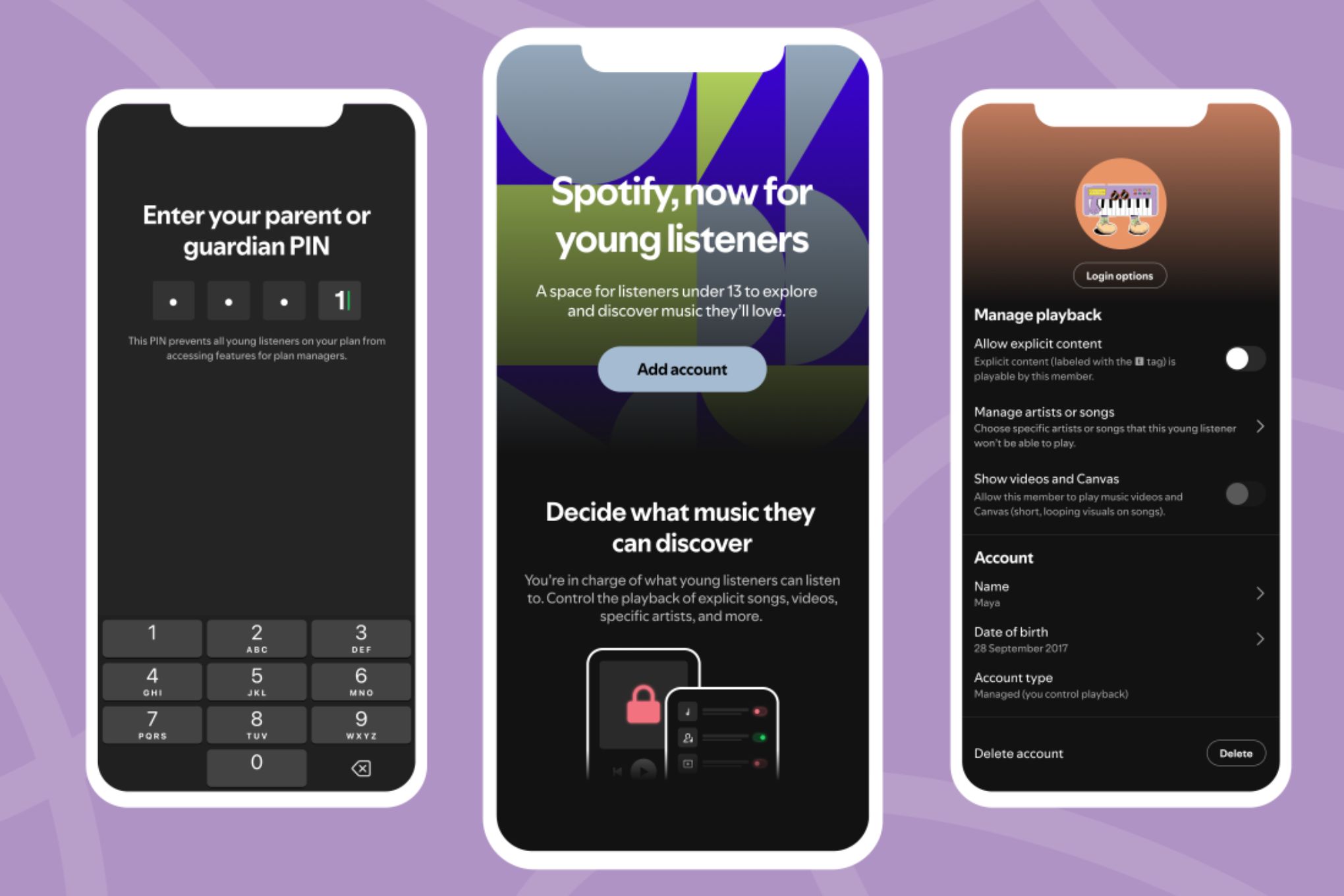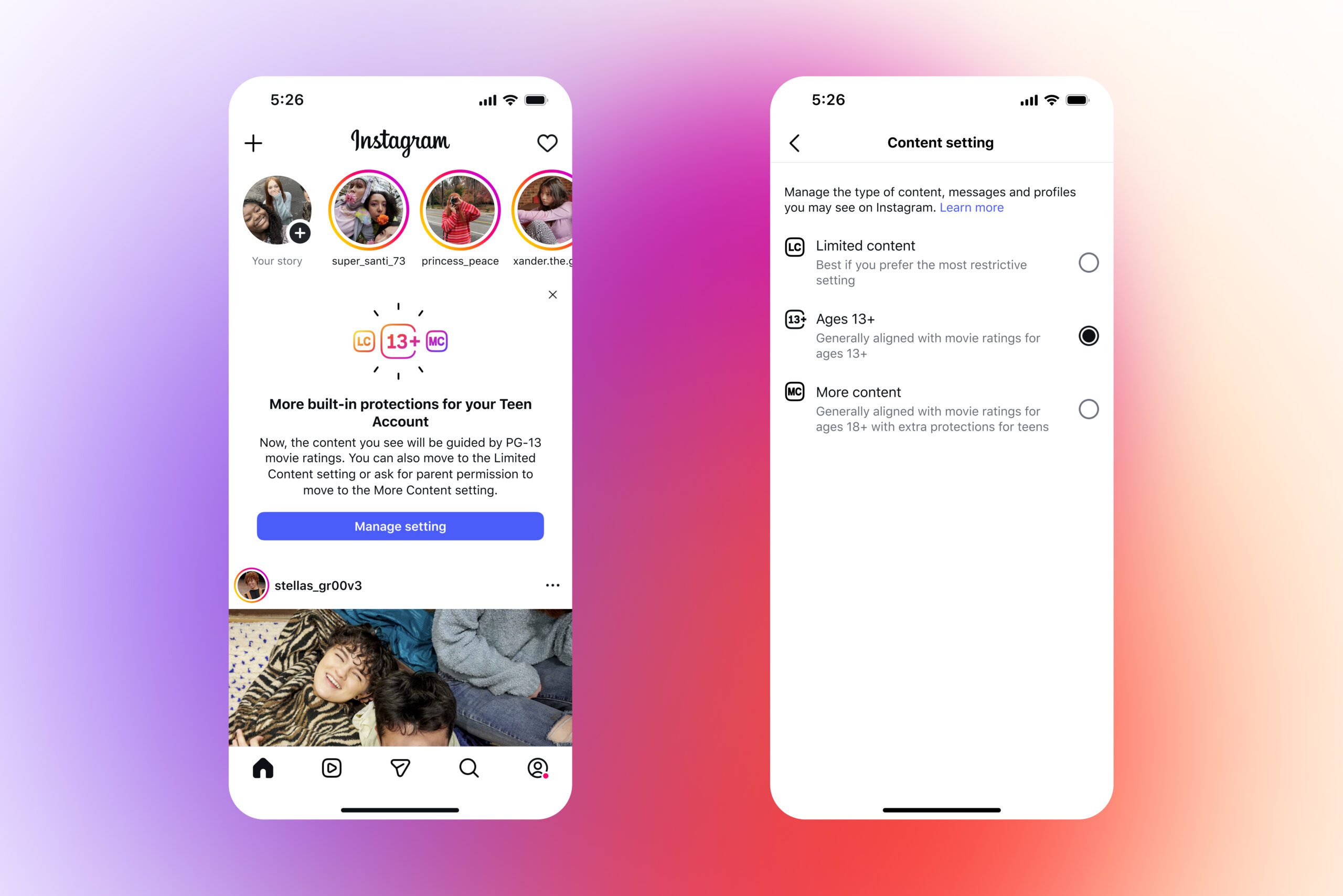
how trans visibility became a trap As the political landscape shifts, many in the trans community are grappling with the implications of their visibility in a world that increasingly seems hostile to their existence.
how trans visibility became a trap
The Urgency of Documenting Identity
The day after Donald Trump was re-elected, I renewed my passport, despite it not expiring for years. This decision was not made in isolation; many trans individuals I knew felt compelled to act similarly, driven by a shared urgency: secure your documents while you still can. This instinct to prepare for an uncertain future reflects a broader anxiety within the trans community, particularly as political tides turn against us.
For over a decade, I have publicly shared my experiences as a transgender person. My writings on transition, identity, and the quest for dignity have been featured in prominent publications such as Rolling Stone, The New York Times, and Vice. Initially, I believed in a seemingly optimistic notion: that visibility would lead to acceptance. I thought that if society could hear our stories, understand our humanity, they would cease to view us as threats or curiosities. However, as I approach 40, I find myself questioning that belief.
With Trump’s return to office, accompanied by explicit promises to erase trans people from public life, the stakes have never felt higher. His campaign rhetoric has morphed into executive orders targeting our rights, with allies drafting policies aimed at voiding our passports, banning our healthcare, and rendering our existence legally untenable. This represents the most significant assault on the trans community I have witnessed in my lifetime. Yet, I cannot help but reflect on the countless words I have shared. Did my openness inadvertently place a target on my back?
The Double-Edged Sword of Visibility
This question resonates beyond my personal experience. Across the nation, many trans individuals who have lived openly online for over a decade are confronting a disturbing realization: the visibility we once believed would safeguard us may now pose a significant risk. We built careers, communities, and advocacy on the premise that being seen was the first step toward acceptance. Yet, visibility has transformed into a potential trap.
The “Transgender Tipping Point”
In 2014, Time magazine proclaimed that society had reached the “Transgender Tipping Point.” The cover featured actress Laverne Cox, and suddenly, trans individuals appeared in various media forms—from prestige television to magazine covers and think pieces exploring gender and identity. For those of us who had previously written in relative obscurity, this surge felt like validation. It seemed as though the world was finally paying attention. However, I now recognize that I mistook increased coverage for genuine acceptance; perhaps trans voices were not having the impact we initially believed.
My journey as a writer began a year earlier, during a time when mainstream media largely ignored trans stories unless they involved tragedy or spectacle. Suddenly, editors were reaching out, eager for personal essays about coming out, hormone therapy, and navigating a world that often failed to recognize our identities. In hindsight, I can see the underlying hunger for “confessional” content that would generate clicks. At that moment, however, I was simply grateful for the opportunity to be heard.
The Risks of Online Exposure
Erin Reed, a trans writer who has chronicled her life online, shared her perspective on this phenomenon. “In some ways, I’ve always lived my life online. As a teenager, I was drawn to spaces where I could be myself,” she explained. This ethos characterized a generation of trans writers who believed that honesty was a form of activism. Each story told chipped away at ignorance, making us more relatable to readers who might never meet a trans person in real life.
However, the landscape of online recognition has shifted dramatically. Reed noted, “It can be terrifying when so many people hate you for who you are.” The risks have escalated as some factions actively wish harm upon us. Simultaneously, many trans writers feel a responsibility to document the ongoing struggles of their community. The permanence of their online presence serves as a public archive, reflecting the trajectory of trans lives over time.
The Backlash Against Visibility
While trans writers were sharing their stories, conservative activists were meticulously documenting our lives. They archived tweets, saved essays, and tracked the narratives of those who dared to live openly. Following the legalization of marriage equality in 2015, these groups sought a new target and found one in the trans community.
By the early 2020s, the narrative had shifted dramatically. Prominent figures like Tucker Carlson began claiming that educators in California were “indoctrinating schoolchildren,” alleging that they were “grooming” children by discussing their identities. This rhetoric was echoed by conservative influencers, who labeled trans individuals as predators and threats to society. The openness that was once celebrated became evidence in their case against us. Personal essays detailing hormone therapy transformed into proof of an alleged “agenda.” Photos of trans children living joyfully became ammunition for those claiming we were “transing” kids. The visibility that was meant to protect us had become a weapon aimed directly at our heads, and many of us did not realize it until it was too late.
The Challenge of Erasing Digital Footprints
The technical reality of attempting to disappear online is daunting. I have explored this possibility, and I know firsthand that it is nearly impossible to erase every trace of my trans identity from the internet. My work exists on countless servers, cached in search engines, and archived by institutions I may never know. The permanence of our digital footprints poses a significant challenge.
Moreover, much of the most meaningful work about trans lives is at risk of being erased. Katelyn Burns, a trans journalist with a decade of experience, pointed out, “It all exists at the whims of the capitalists who own those sites.” She noted the cruel irony that content that could aid trans individuals is often the most vulnerable to disappearing, while harmful content is preserved indefinitely by those who wish us harm. Support forums vanish when companies fold, and transition timelines disappear when platforms change their policies. In contrast, screenshots of old tweets remain forever in the folders of those who want us gone.
The Archive Problem
The challenges posed by various platforms are immense. On YouTube, transition videos that have helped countless individuals understand their identities cannot be selectively edited; it’s an all-or-nothing scenario. On Twitter, deleting an account does not erase cached versions of past posts. Changing a name on Facebook may not eliminate the URL that still contains one’s deadname. Each platform has its own intricate rules regarding what can be changed, deleted, or hidden.
Additionally, the Internet Archive, which plays a crucial role in preserving digital history, also means that versions of personal blogs from years past can resurface unexpectedly. This raises questions about the implications of past writings. What happens when a blog post that once provided comfort to a scared teenager becomes evidence in a custody battle years later?
Anticipating the Risks
Burns foresaw this situation years ago. In 2017, she advised parents to keep their trans children anonymous in media coverage—advice that seemed overly cautious at the time. “Parents looked at me funny when I explained what I saw as the risks back then,” she recalled. “But now it’s almost standard practice for media outlets to use pseudonyms for trans kids for safety.”
Many of us sensed the impending danger, but by the time we fully grasped the implications, years of our lives had already become part of the permanent record of the internet. Those who sought to harm us knew exactly where to look because we had made ourselves visible. Today, the transformation that visibility has wrought in our daily lives is perhaps the most painful aspect of this reality. We are not merely managing old content; we are navigating a world where being known as trans fundamentally alters every interaction, decision, and post.
The Shift to Safer Spaces
In light of these challenges, many trans individuals are retreating to smaller, safer online spaces, prioritizing mental health over visibility and safety over impact. This choice, while sensible, means ceding larger platforms to those who have driven us away. Evan Urquhart, founder of Assigned Media, expressed his concerns about this shift. “The weird part is feeling myself being pushed out of the mainstream,” he said. “I’m not a radical; I’m a careful person who tries to write responsibly and ensure everything I say is factually supported.”
Urquhart described the dissonance of witnessing the mainstream consensus shift in a radically anti-trans direction, driven by innuendo and conspiracy theories. “It’s uncanny to watch the culture move in ways I can’t follow, even though my temperament would prefer to remain with the crowd,” he added. “I don’t like it at all.”
The Need for Private Spaces
We now inhabit a world where being reasonable, factual, and human is insufficient. Sharing our truths has become a liability, and protecting our children necessitates teaching them to deny their connection to us. “I wish there was a more private space where a bunch of us could talk through these conversations without cis people looking on in the peanut gallery,” Burns expressed. This longing for privacy, safety, and space to process our experiences resonates throughout every conversation I’ve had on this topic. We are isolated by the very visibility that was intended to connect us.
Confronting the Future
So, where does this leave us? After countless conversations, late-night reflections, and moments of self-doubt about my past writings, I find myself returning to a sentiment expressed by Urquhart: the risk is worth it for those we help. “I know it’s worth it because someday some young kid who’s had everything about trans people censored all their life will come across something I wrote and know they aren’t alone,” he said. When I asked if he would change anything knowing what he knows now, his response was resolute: “If I had to do it all over again, I’d do it all again and more.”
Every trans person I know has a story about finding something online that saved their life—a transition timeline that illuminated a future they couldn’t envision, a personal essay that provided the words they had been searching for, or a late-night Reddit comment that guided them through their darkest moments. I receive emails from individuals who discovered my work years ago, sharing how it kept them alive. They found solace in knowing they were not alone, that transition was possible, and that life could improve. How can anyone justify taking that away from the next generation simply out of fear?
The Power of Connection
There is no straightforward answer to the dilemmas facing trans individuals who have shared their stories publicly. They cannot unpublish themselves or abandon those who need to find them. Trans writers find themselves trapped between their past hopes and present fears, caught between the world they believed they were building and the one they now inhabit.
However, perhaps this narrative is not entirely bleak. While the internet has preserved the vulnerabilities of trans individuals for those who wish them harm, it has also documented their resilience. The conservative groups archiving our posts are inadvertently creating an undeletable record of trans existence, joy, and survival. They may believe they are compiling a database of targets, but in reality, they are amassing evidence that trans people have always been here.
The Ongoing Need for Visibility
These voices remain essential. Every day, new trans kids are born into families that may not understand them, in communities where they have never encountered anyone like themselves. They require the same validation that previous generations found: proof that trans individuals exist, grow up, find love, build careers, and experience the mundane aspects of life. They need the authentic, messy truth of trans lives—not the sanitized version that opponents seek to impose.
The internet has served as a lifeline for trans individuals, connecting isolated kids in rural areas with others who share their experiences. It has facilitated the creation of supportive networks for parents learning how to support their children. These communities have built networks of care that no amount of legislation can fully dismantle. Abandoning these spaces does not enhance safety; it merely renders trans individuals smaller, more isolated, and easier to erase.
Ultimately, I have come to realize that visibility was never solely about acceptance. It was about asserting our humanity in a world that often prefers we did not exist. The forces targeting trans individuals today want us to regret our visibility. They wish for us to feel remorse for sharing our truths. Yet, despite the heightened caution I exercise regarding what I share, I remain here—still writing, still visible.
Source: Original report
Was this helpful?
Last Modified: October 14, 2025 at 5:38 pm
1 views















